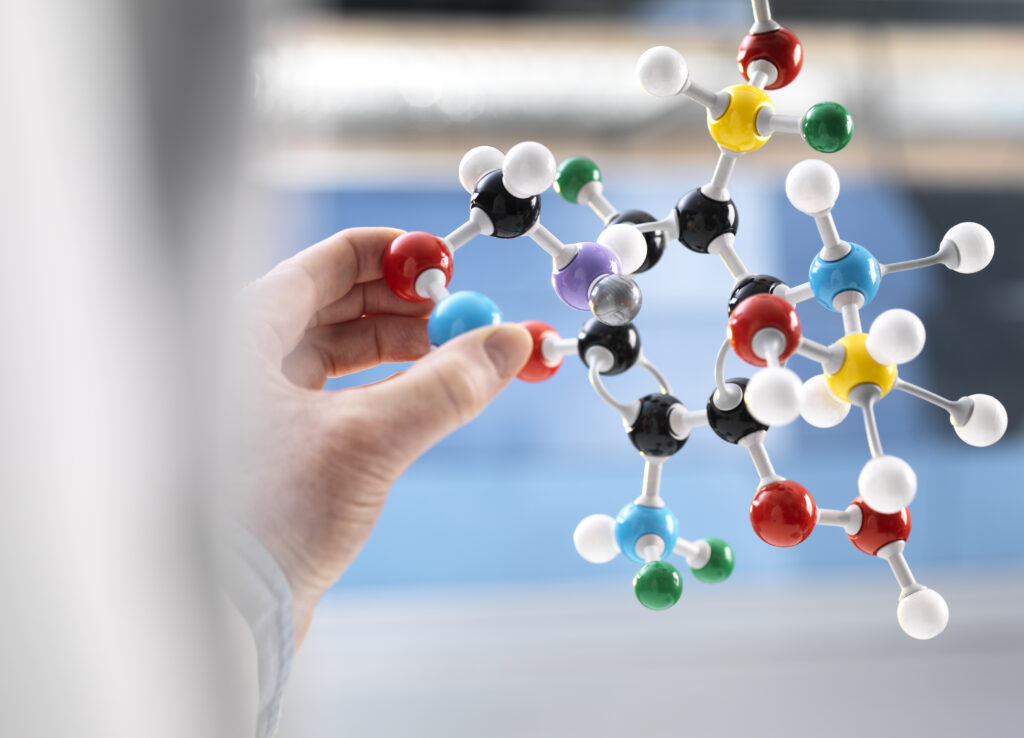Summary: Biostimulant
Protein Hydrolysates as Biostimulants for Sustainable Horticulture
The shift toward sustainable horticultural practices has led to increased interest in biostimulants. Natural substances that enhance plant growth, stress tolerance, and nutrient efficiency. Among the most promising biostimulants are protein hydrolysates (PHs), which consist of peptides and amino acids. Derived from enzymatic or chemical hydrolysis of animal- or plant-based proteins. These biostimulants have demonstrated remarkable benefits for crop productivity, soil health, and plant resilience.
As a biostimulant, PHs enhance nutrient uptake, enzyme activity, and plant metabolic functions. Making them highly effective in mitigating abiotic stresses such as drought, salinity, and extreme temperatures. Their biostimulant properties promote root development, chlorophyll synthesis, and antioxidant activity. Resulting in higher yields and improved crop quality. Additionally, PH-based biostimulants support microbial activity in the soil, fostering a healthier and more productive growing environment.
PHs are classified based on their source (plant- or animal-derived) and hydrolysis method (enzymatic or chemical), both of which influence their biostimulant activity. Despite their proven benefits, the mode of action of PH biostimulants is still being explored. Further research is needed to optimize application rates, timing, and formulation for different crops and environmental conditions. Advances in molecular research will help clarify how these biostimulants interact with plant metabolic pathways to maximize their efficiency.
As demand for eco-friendly agricultural solutions grows, PH-based biostimulants are becoming a key tool for sustainable crop production. Their ability to enhance plant health, improve soil conditions, and reduce reliance on synthetic inputs makes them an essential component of modern horticulture. Future innovations in biostimulant development will further strengthen their role in sustainable farming systems.
Additionally:
Beyond their role in stress tolerance and nutrient efficiency, biostimulants like PHs are also gaining recognition for their ability to reduce the environmental impact of conventional fertilizers and pesticides. By enhancing nutrient uptake and improving plant metabolism, PH-based biostimulants can help farmers reduce chemical inputs, lowering the risk of soil degradation and water contamination. Their synergistic effects with other biostimulants and fertilizers make them an excellent tool for integrated crop management, ensuring higher productivity with a more sustainable and regenerative approach. As global agriculture shifts toward climate-smart and eco-friendly solutions, biostimulants will continue to play a critical role in future food production systems.
Publication: Scientia Horticulturae









